Washington, July 9 – The 75th NATO summit begins today in Washington, D.C., as the Western military alliance faces significant geopolitical challenges, including Russia's increasing influence, the Middle East crisis, and China's aggressive trade policies. U.S. President Joe Biden will inaugurate the three-day conference.
Leaders from NATO's 32 member states will gather from July 9-11 to discuss continued military support for Ukraine in its ongoing conflict with Russia. Discussions will also likely address strategies to counter the resistance axis in the Middle East, led by Iran, as well as efforts to strengthen security ties with South Korea and Japan in response to growing military cooperation between Russia and North Korea.
The summit marks 75 years since NATO's formation, aiming to present the alliance as a robust and united front. However, leaders are grappling with the challenges posed by the Ukraine war and the rise of right-wing political movements on both sides of the Atlantic.
Ukrainian President Volodymyr Zelensky will be a focal point of the summit, seeking strong support from NATO, despite not being invited to join the alliance this year. While his primary goal remains unmet, Zelensky is expected to secure significant backing from the member states.
President Biden has also invited leaders from Australia, Japan, New Zealand, and South Korea to discuss NATO's expanding role in Asia to counter China's growing influence. However, Biden faces domestic pressure, particularly concerning his potential withdrawal from the upcoming presidential election after recent debates with former President Donald Trump.
Middle Eastern issues are anticipated to feature prominently in discussions, beyond the formal agenda. NATO members may address strategies to combat groups like Hamas, Hezbollah, and Shia militias under Iran's leadership. The alliance's declining influence in the Middle East necessitates these critical conversations.
The West faces security threats spanning from Iran to Afghanistan and Pakistan's eastern borders, and westward to Syria, Lebanon, Israel, and the Mediterranean. Instability in the Red Sea's transportation routes also presents significant challenges.
Last week, the Financial Times reported that the U.S. has invited foreign ministers from Qatar, the UAE, Bahrain, Jordan, Egypt, Tunisia, and Israel to collaborate on addressing the situation in the Red Sea.
Founded in 1949 as a collective defense system against the Soviet Union, NATO has found renewed purpose in supporting Ukraine since Russia's invasion in February 2022. This summit seeks to reaffirm NATO's foundational goals in a contemporary context.



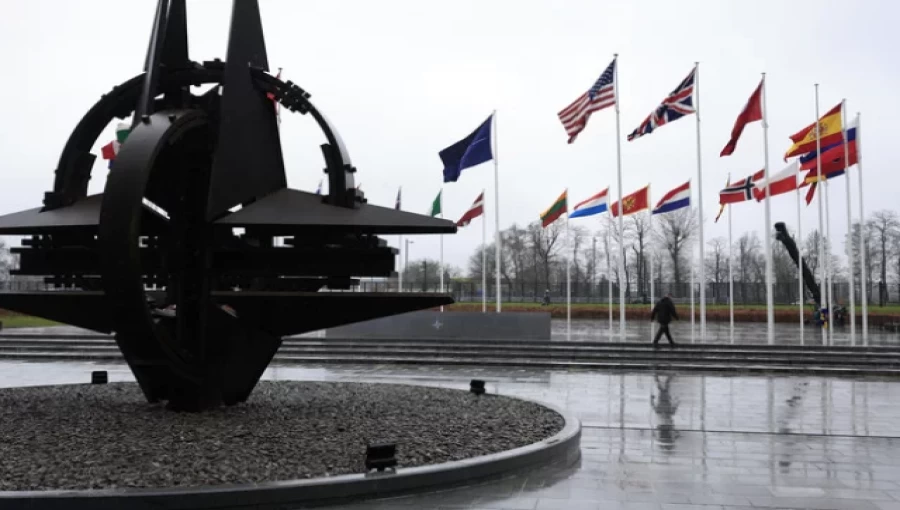

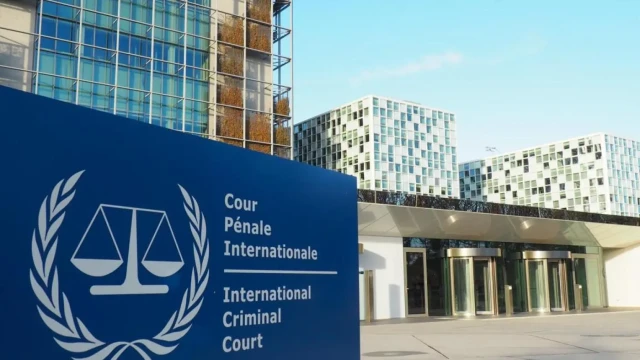
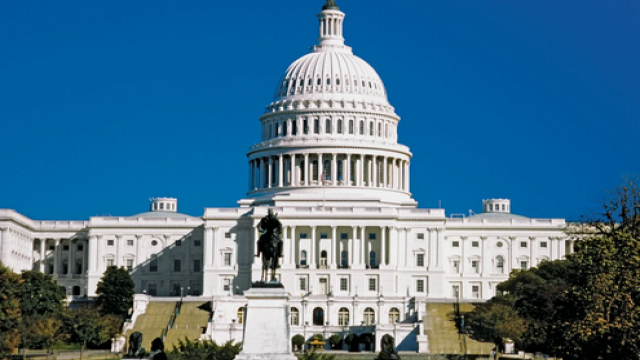
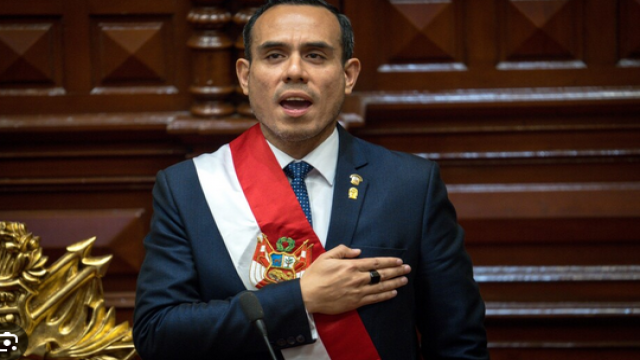
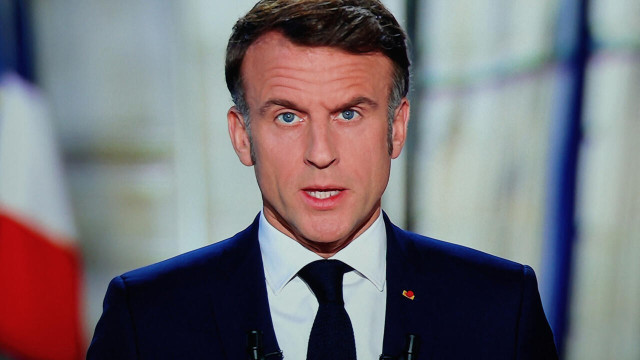

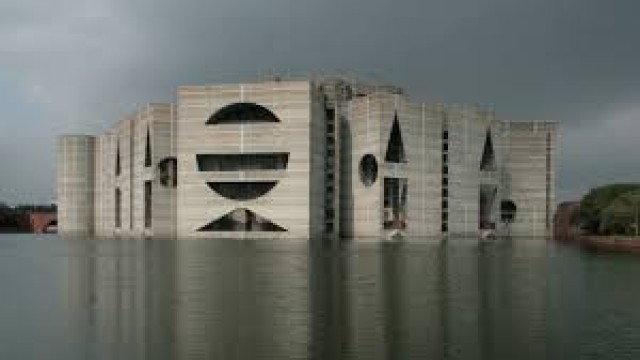

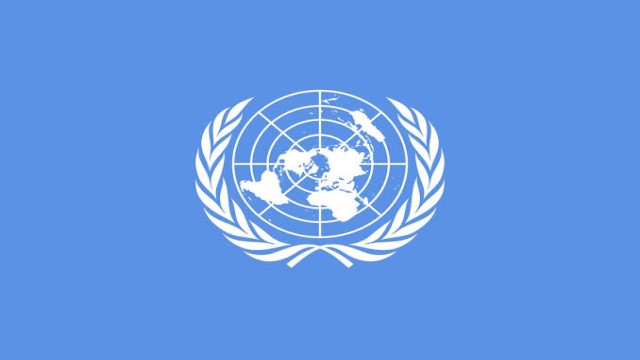

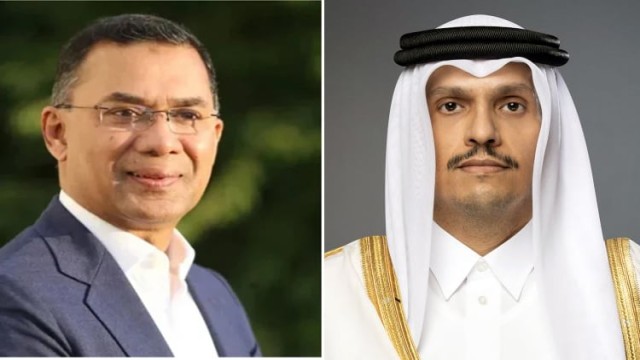

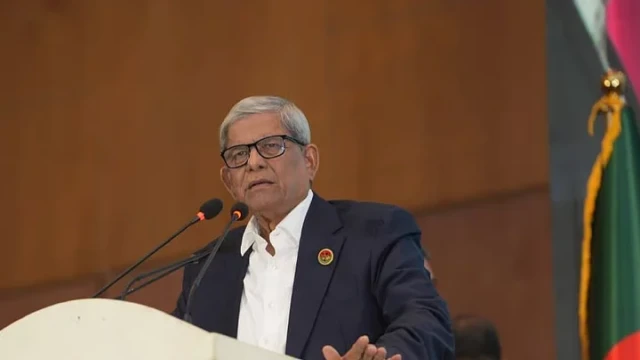
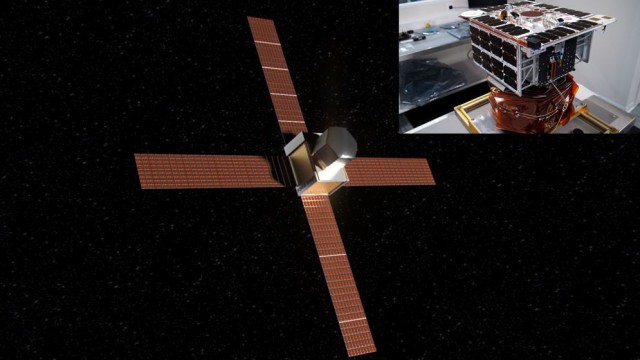
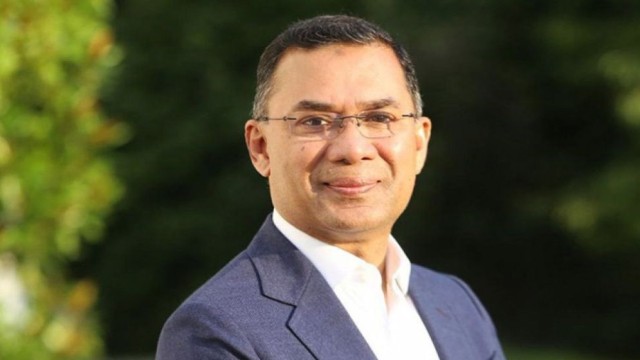











Comment: